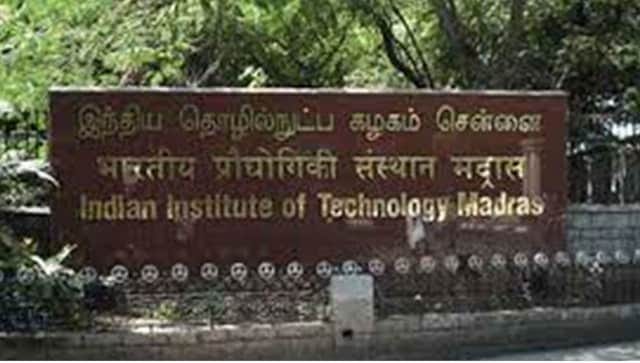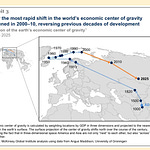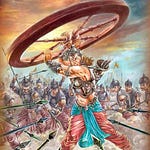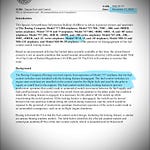This essay has been published by Firstpost.com at https://www.firstpost.com/india/there-is-another-crisis-in-education-can-india-turn-this-to-its-advantage-10153231.html and a few excerpts are provided below. Please read it at the link. The podcast can be heard by clicking the ‘Play’ button above.
There has long been concern about a couple of issues related to education in India: the poor quality of the humanities curriculum, and the concern that English medium is becoming an albatross rather than an enabler. On average, it is assumed that STEM (science, technology, engineering and mathematics) is in fine shape in the country, and this is a source of pride.

Therefore, it was startling to see the results of the Kerala state entrance examinations and the uptake in engineering. According to KEAM statistics, less than 10 students all over Kerala opted for Civil Engineering. But 5000+ rushed into Computer Science, and 2500+ into Electronics. There were relatively few takers for Mechanical, Electrical (Power) and so forth: only in the hundreds each (Times of India, 12 Nov 2021, “2 engg branches get less than 10 candidates each”).
This, one could argue, is the free market at work, as there are more job opportunities these days for Computer Science graduates. However, it is an enormously skewed result: doesn’t India as a country need a large number of civil engineers to help build out infrastructure, which is a priority: roads, railways, ports, power plants, bridges, and so on?
…. most of the text deleted, see https://www.firstpost.com/india/there-is-another-crisis-in-education-can-india-turn-this-to-its-advantage-10153231.html for more
….
This sounds good, but there might be bigger forces at play. The traditional university may be on its way out. Going back to the Kerala example, a number of departments may close for lack of students; some engineering colleges have already shut down. This has also happened to business schools already. The age of campus placements may be over.

In a world where excellent content is available to anybody everywhere, often free, on the internet, and where I hope machine translation will soon make the content available in the mother tongue (in real-time), the preponderance of English as well as the Anglosphere model of universities may both be under siege.
Can India come up with an alternative model and do a leapfrog? As Dharampal’s work shows, traditional knowledge systems used to produce well rounded citizens long ago.
1097 words, 14 November 2021














Share this post